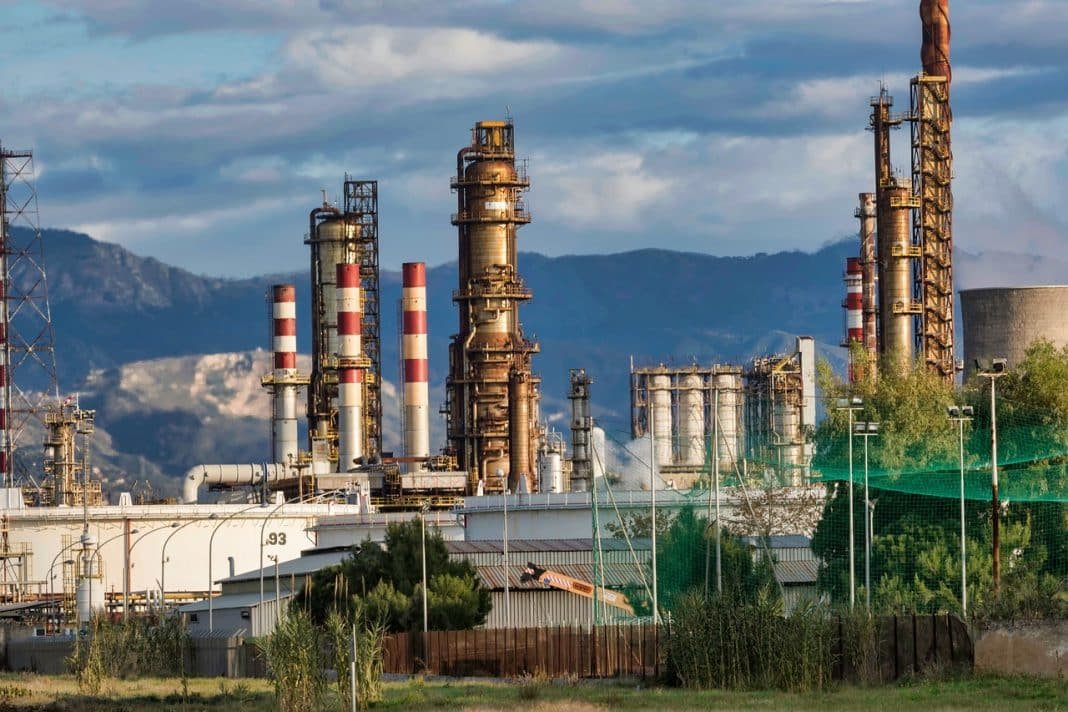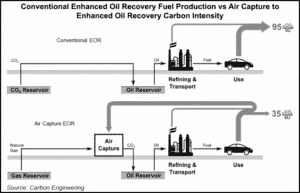Occidental Petroleum Corporation plans to sell net-zero oil with an Asian trading house.
Occidental signed a deal with SK Trading International to sell its net-zero oil. Under this agreement, Occidental offers SK Trading the option to buy up to 200,000 barrels of oil each year.
The deal covers a five-year period when the refiner can convert the oil into net-zero products.
What’s With Occidental Net-Zero Oil Deal?
In response, Occidental found out how to resolve this carbon emission problem. It plans to offset all its emissions, from crude extraction to consumption. This is through their Direct Air Capture (DAC) facility in the Permian Basin that would remove CO2 from the air.
DAC is Occidental’s low-carbon strategy towards its net-zero goal. The deal with SK Trading for the supply of Occidental net-zero oil will help ensure CO2 removal. This carbon sucking technology will go with an enhanced oil recovery (EOR ) process.
The SK Trading will then use the reconfigured oil from Occidental to create net-zero products. These include low-carbon aviation fuel.
The SK deal shows signs that the final investment decision is on its way. Meanwhile, Occidental said that it would make a decision early this year.
The Transition to Net-Zero Emissions
Same with Occidental, SK Trading also have net-zero goals by 2050. Through its “Carbon to Green” strategy, it seeks to transform its entire portfolio into a low-carbon business. It also pursues ways to curb its Scope 3 emissions or its customers’ emissions.
The company CEO noted that they want Occidental net-zero oil deal for a reason. They aim to be part of the world’s first carbon reduction efforts based on the oil’s life cycle analysis. And the DAC project of Occidental is a good initiative to try.
According to Occidental, they expect to pull as much as 1 million metric tons/year of CO2 emissions via DAC. The company will then store the removed emissions underground. As such, the DAC carbon removal process is permanent and verifiable.
The captured carbon is equal to the expected carbon emissions from the whole oil life cycle. This includes extraction, transportation, storage, shipment, refining, end-use, and combustion.
Occidental’s DAC project is ready to go online in the last quarter of 2024. It needs a capital investment of around $800 million to $1 billion.
The initiative is getting support from other companies wanting to offset their emissions. By injecting tons of CO2 into the ground, the Occidental net-zero oil deal will contribute to global carbon reduction efforts.


